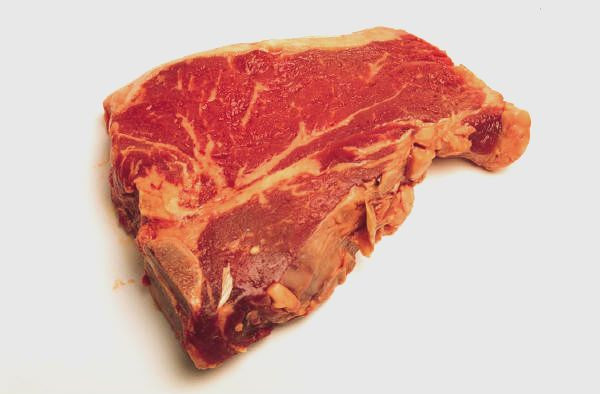Atkins Diet Raises Heart Attack and Stroke Risk By 28 Percent, Experts Urge Women Not To Banish the Carbs

Women on the Atkins diet are putting themselves in danger of heart attacks and strokes, experts warn.
Researchers found that women who regularly eat very little carbohydrates and large amounts of protein are 28 percent more likely to develop heart disease, according to a study published in the British Medical Journal.
Researchers from the University of Athens followed 43,396 Swedish women between the ages of 30 and 49 years for 15 years and found that those whose diets were low in carbohydrates and high in protein were 28 percent more likely to have had a stroke or a heart attack.
While the likelihood of falling victim to cardiovascular disease was still small, researchers said that if 10,000 women followed the Atkins diet, an extra four or five would be likely to suffer a stroke or heart attack compared to a group of 10,000 women eating normally.
Participants in the study had completed an extensive dietary and lifestyle questionnaire and diet.
Researchers measured the women's diet on the low carbohydrate-high protein (LCHP) score, and after accounting for factors like smoking, alcohol use, diagnosis of hypertension, overall level of activity and saturated and unsaturated fat intake, and found that of all the women studied, 1,270 had adverse cardiovascular events.
The findings showed that of the women who experienced heart problems, 55 percent had ischaemic heart disease, 23 percent had ischaemic stroke, 6 percent had haemorrhagic stroke, 10 percent had subarachnoid haemorrhage and 6 percent had peripheral arterial disease over the 15-year study period.
Researchers said that the incidence of adverse cardiovascular outcomes increased with an increasing low carbohydrate-high protein score, with a low score indicating lower protein content and a high score indicating higher protein content in relation to carbohydrate intake.
More specifically, researchers found that every 20-gram decrease in carbohydrate intake and 5-gram increase in protein intake elevated women's risk for future cardiovascular disease by 5 percent.
20 grams of carbohydrates equates to a small bread roll and 5 grams of protein amounts to one boiled egg.
"Low-carbohydrate, high-protein diets, used on a regular basis and without consideration of the nature of carbohydrates or the source of proteins, are associated with increased risk of cardiovascular disease," the authors conclude.
Researchers are urging women to follow a balanced diet and to not cut out potatoes, bread, rice and pasta from their diet.
In an accompanying editorial, experts not involved with the study said that the short term benefits of weight loss appear to be outweighed by longer term cardiovascular harms.
Anna Floegel from the German Institute of Human Nutrition and Tobias Pischon from the Max Delbrück Center for Molecular Medicine in Germany said that the debate between the benefits and harms of the Atkins diet in research "need to be resolved before low carbohydrate-high protein diets can be safely recommended to patients."
In the time being, they say that any benefits gained from these fad diets in the short-term "seem irrelevant in the face of increasing evidence of higher morbidity and mortality from cardiovascular diseases in the long term."



























